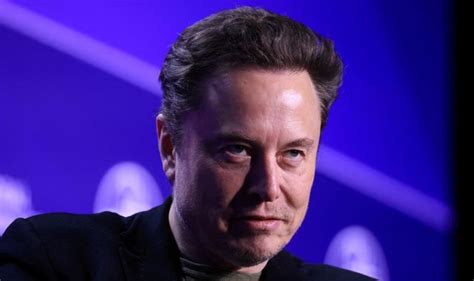In a highly-anticipated move, Tesla’s 2024 Annual Meeting of Stockholders saw the re-approval of CEO Elon Musk’s contentious 2018 stock award plan. This decision has ignited a blend of admiration and criticism within the industry’s stakeholders and the wider public. For context, Musk’s pay package hinges on milestones that were deemed nearly unattainable at the time of the agreement. It turns out, however, that Musk has consistently managed to transform seemingly impossible visions into reality, converting skepticism into tangible successes. Yet, this vote has spurred robust debates about its broader impact on corporate governance, executive compensation, and the sustainability of Tesla’s growth.
Firstly, the majority’s decision to approve Musk’s compensation plan isn’t as straightforward as it may seem. The coveted stock award, approved by shareholders, has raised eyebrows as to whether the terms favor long-term investors or merely enrich the tech magnate himself. Elon Musk has become synonymous with extreme highs and lows, and Tesla’s market valuation has oscillated accordingly. Critics argue that giving such substantial stock options to one individual poses risks for the company’s governance and ethical standing. Moreover, the notion that rewarding an executive with a massive payday is the only way to secure their continued involvement raises questions about dependency and leadership succession plans.
One prominent voice in this debate posits that Musk’s value to Tesla is indispensable. As revealed in user comments, even those critical of Musk’s policies acknowledge his extraordinary capacity to attract investment and media attention. How many CEOs, after all, can claim to have led a company from the brink of bankruptcy to a valuation exceeding several hundred billion dollars? Musk’s uncanny ability to cultivate investor confidence has indeed inflated Tesla’s market cap, creating enormous wealth for shareholders. However, the criticism that he often uses Tesla resources for personal ventures, including the contentious acquisition of Twitter (now X), cannot be ignored. This diversion of assets could undermine Tesla’s core business and lead some shareholders to question the integrity of his leadership.
Interestingly, the discussion on whether Musk can actually ‘leave’ Tesla highlights a genuine dilemma. With much of his wealth tied to Tesla, walking away from the electric vehicle giant could catalyze a significant crash in its stock value, thereby eroding Musk’s own net worth. This precarious interdependence essentially means that Tesla and Musk are, for better or worse, inseparable. But the astronomical stock award also suggests he has wiggle room to sell portions of his holdings while retaining control, muddling the lines of governance and ethical oversight. This dynamic exposes the company to governance risks larger than those typically scrutinized by investors and regulatory bodies.
The commentariat also revealed a strong emotional undertone in the discussion about Musk’s image and political affiliations. A deeper dive into user opinions showcases a spectrum of views, ranging from flat-out adulation to stark disapproval based on Musk’s personal antics and controversial statements. Some claim that Musk’s political tilt and flirtation with conspiracy theories have created a divisive atmosphere, alienating portions of the consumer base and contributing to broader societal polarization. Despite Musk’s pivotal role in Tesla’s triumphs, these polarizing stances can ultimately prove harmful to the brand, marketing, and consumer loyalty.
Ultimately, the approval of Musk’s stock award underscores fundamental questions about the role of corporate governance in modern enterprises. It is noteworthy how this scenario diverges from traditional governance models where accountability and checks-and-balances maintain the ethical equilibrium. The compensatory mechanisms that reward stratospheric success may also incentivize reckless decision-making, aligning short-term gains over long-term sustainability. As Tesla navigates its future trajectory, the lessons from this incident could reshape not just the company but wider industry practices on executive pay and corporate governance. The trade-offs between extraordinary visionaries and robust governance mechanisms will likely continue being a contentious topic in boardrooms and investment debates, shaping the future of not only Tesla but of corporate America as a whole.


Leave a Reply